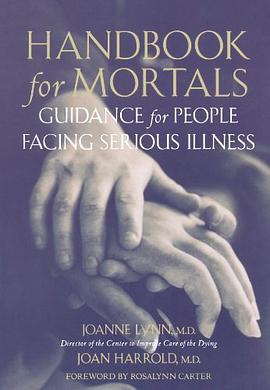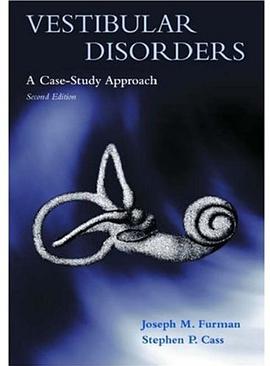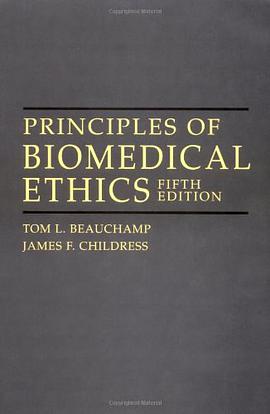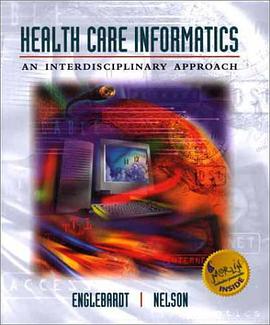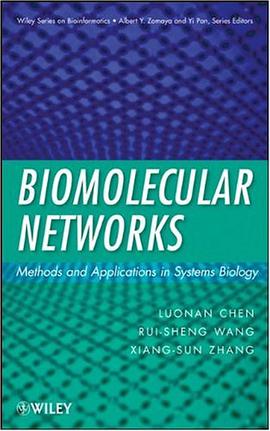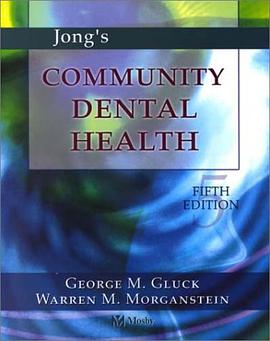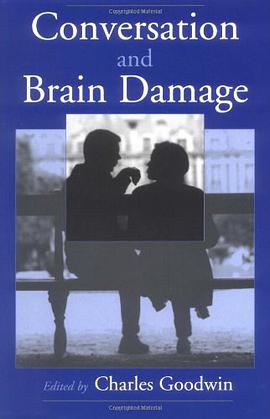

具体描述
How do people with brain damage communicate? How does the partial or total loss of the ability to speak and use language fluently manifest itself in actual conversation? How are people with brain damage able to expand their cognitive ability through interaction with others - and how do these discursive activities in turn influence cognition? This groundbreaking collection of new articles examines the ways in which aphasia and other neurological deficits lead to language impairments that shape the production, reception and processing of language. Edited by noted linguistic anthropologist Charles Goodwin and with contributions from a wide range of international scholars, the articles provide a pragmatic and interactive perspective on the types of challenges that face aphasic speakers in any given act of communication. Conversation and Brain Damage will be invaluable to linguists, discourse analysts, linguistic and medical anthropologists, speech therapists, neurologists, psychiatrists, psychologists, workers in mental health care and in public health, sociologists, and readers interested in the long-term implications of brain damage.
作者简介
目录信息
读后感
评分
评分
评分
评分
用户评价
相关图书
本站所有内容均为互联网搜索引擎提供的公开搜索信息,本站不存储任何数据与内容,任何内容与数据均与本站无关,如有需要请联系相关搜索引擎包括但不限于百度,google,bing,sogou 等
© 2025 book.quotespace.org All Rights Reserved. 小美书屋 版权所有


